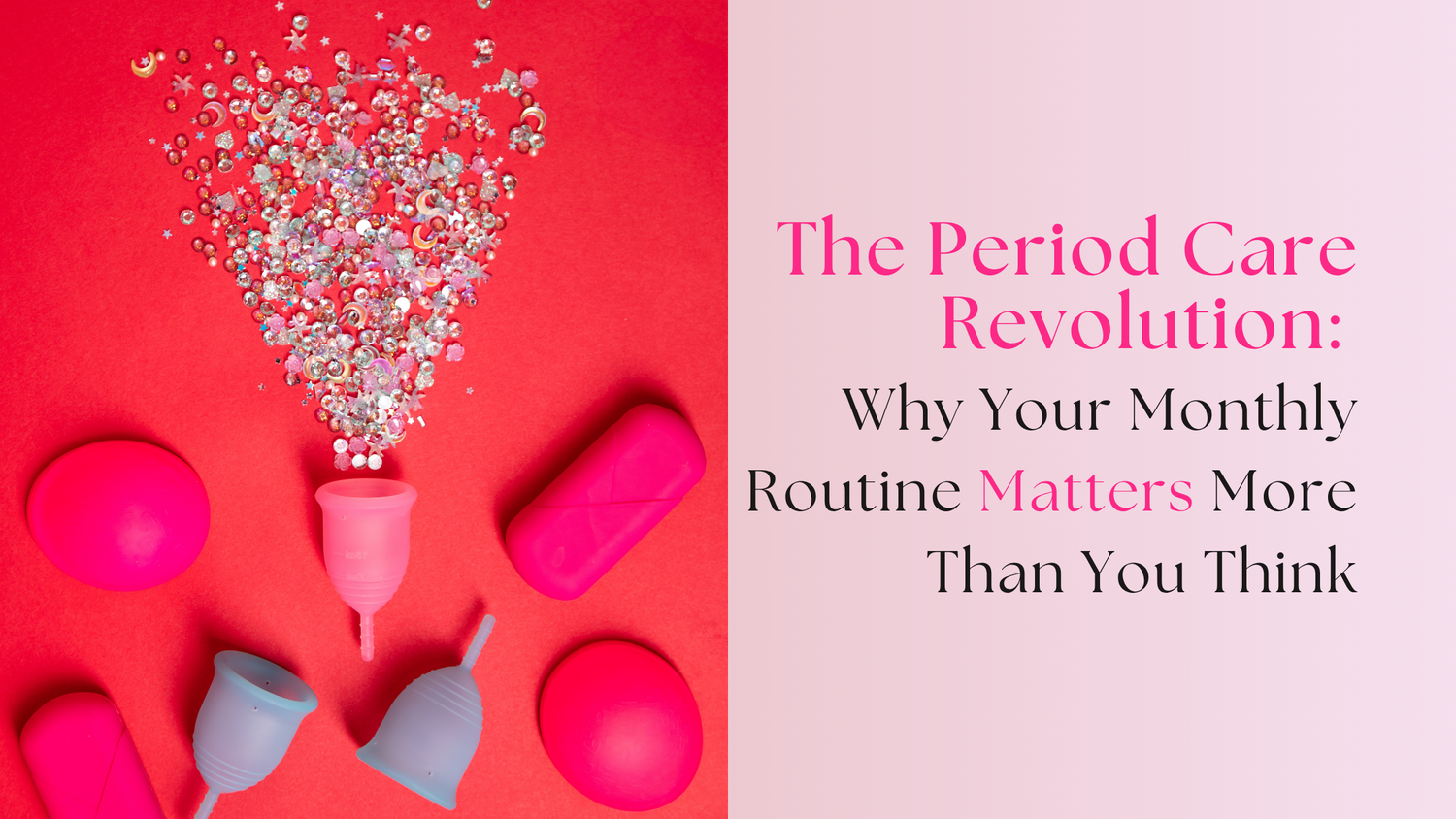The Complex Connection: How Hormones Impact Skin Health and Appearance Through All Stages of Life
When we think of hormones, we often associate them with mood swings, energy levels, and various bodily functions. However, these chemical messengers also exert a profound influence on our skin. Whether you've battled hormonal acne or experienced skin changes throughout your life, it's important to recognise the significant role hormones play in skin health. In this comprehensive 800-word blog, we'll explore the dynamic relationship between hormones and your skin, addressing each stage of life, and providing expert-approved strategies for maintaining healthy and radiant skin.

The Intricate Connection: How Hormones Shape Your Skin
Before delving into the impact of hormones on skin health at different life stages, it's crucial to understand how specific sex hormones influence your skin. Just like other cells in your body, skin cells have receptors for various hormones, and the presence or absence of these hormones can lead to different skin manifestations. While there are non-sex hormones like cortisol that affect the skin to some extent, we will focus on the primary players: estrogen, progesterone, and androgens.
Estrogen: The Skin's Best Friend
Estrogen plays a pivotal role in the normal functioning of the skin, blood vessels, hair follicles, oil glands, and melanocytes (pigment-producing cells). It is associated with:
- Collagen production
- Increased skin thickness
- Hyaluronic acid production
- Improved skin barrier function
- Skin hydration
- Reduced sebaceous (oil) gland activity
- Improved wound healing
- Modulating inflammation
Progesterone: Skin Elasticity and More
The influence of progesterone on the skin is less well-defined. However, it is believed to contribute to skin elasticity, pigmentation, increased circulation and sebaceous gland activity observed in the second half of the menstrual cycle.
Androgens: Not Just for Men
Androgens, often associated with male hormones, can also affect women's skin. These hormones, including testosterone, are produced in small quantities by the female body and play a role in oil gland production. Imbalances in androgens, such as in women with PCOS or during menopause, may contribute to unwanted facial hair growth.
Skin in Your 20s and 30s
Hormonal Fluctuations in Your 20s and 30s
In your 20s and 30s, various hormonal changes can influence your skin health. While acne is often associated with adolescence, it can persist into your 20s and 30s due to hormonal shifts during the menstrual cycle. Research indicates that approximately 50% of women in their 20s and 35% in their 30s experience acne.
Besides acne, skin moisture, sensitivity, and radiance can vary throughout your menstrual cycle. Let's explore how hormonal changes during your cycle affect your skin and what you can do about it:
Menstruation (Days 1-5)
The menstrual cycle begins with menstruation, characterised by low estrogen levels. This results in reduced skin hydration and a vulnerable skin barrier. Lower progesterone and testosterone levels lead to decreased sebaceous gland activity, contributing to skin dryness. Conditions like eczema, contact dermatitis, and psoriasis may worsen during this phase.
Skincare Tips: Moisturise with soothing ingredients like hyaluronic acid, ceramides, and natural oils. Avoid abrasive exfoliants and excessive use of active ingredients. Stay hydrated and consume omega-3 fats, vitamin C, and antioxidants to reduce inflammation.
Follicular Phase (Days 1-14)
After menstruation, estrogen levels rise, leading to improved skin barrier function, hydration, and collagen production. Skin is smoother, calmer, and more radiant. Sebaceous gland activity decreases, resulting in less oil production.
Skincare Tips: Embrace your natural glow, protect your skin from UV rays with SPF, and consider using products with alpha-hydroxy acids and retinoids for smoother skin.
Luteal Phase (Days 15-28)
Ovulation triggers a surge in luteinizing hormone, increasing progesterone and testosterone levels. This can lead to oilier skin and contribute to hormonal acne, commonly occurring in the lower cheeks, chin, and jawline. Towards the end of this phase, skin may become drier and more prone to irritation.
Skincare Tips: Use toners with salicylic acid or benzoyl peroxide if your skin is oily and prone to acne. Maintain a balanced skincare routine and adopt anti-inflammatory habits like exercise, meditation, and a healthy diet.
Additional Factors in Your 20s and 30s
Apart from hormonal fluctuations, birth control and stress can impact skin health. Hormonal birth control pills containing synthetic estrogen and progesterone can improve skin conditions but may not address hormonal imbalances. Stress can negatively affect skin barrier function, leading to skin issues.
Skincare Tips: Understand the effects of birth control on your skin and manage stress through exercise, meditation, and therapy.
Pregnancy
During pregnancy, increased estrogen and progesterone levels stimulate pigment cells, potentially leading to darker moles, nipples, vulva, and melasma (chloasma). Some women may experience increased sebum production and a brighter complexion.
Skincare Tips: Protect your skin from UV exposure to prevent melasma. Use safe skincare ingredients and manage acne cautiously during pregnancy.
Skin in Your 40s and 50s
Your 40s may resemble your 30s if you have regular menstruation. However, many women experience irregular periods and declining estrogen and progesterone levels, leading to significant hormonal changes during perimenopause and menopause.
Skincare Tips: Apply sunscreen daily, use gentle cleansers, and opt for products with hydrating ingredients. Consider topical retinol or bakuchiol to support skin cell turnover and collagen production.
Embrace Your Skin's Natural Evolution
Your skin and hormones share a complex relationship, and understanding this connection can help you maintain healthy skin at every stage of life. Embrace the changes, and remember that various skincare products and lifestyle adjustments can support your skin's vitality and radiance. Incorporate these expert-approved strategies into your skincare routine to navigate the intricate world of hormones and achieve glowing, healthy skin throughout your journey.





